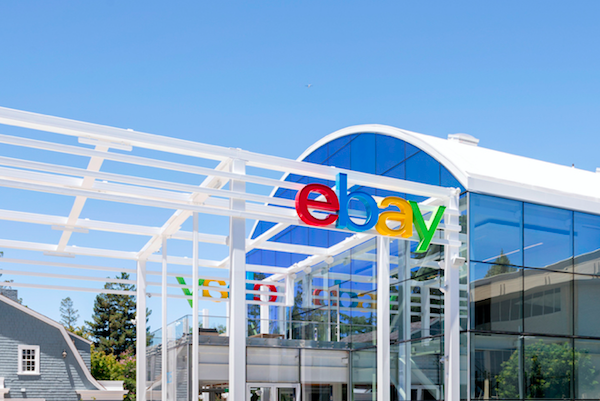Who remembers Carl Icahn? He was the so-called activist investor who used his influence as a major shareholder in eBay to force the PayPal divorce. That saga began back in 2014 and merchants continue to feel the ramifications. And now new eBay investor rumours suggest that activist investors are circling eBay again in the hope of increasing the value of their holdings.
According to Bloomberg, there is increased interest in eBay and that has sent the stock price increasing by as much as 6.2%. And there is speculation that Carl Icahn could be part of a scheme to wring more value from eBay.
Obviously it was the intervention of Icahn that eventually precipitated the split between eBay and PayPal. His contention, that prompted his campaign, was that PayPal and eBay would be worth more to shareholders separately rather than together turned out to be unsurprisingly true. But as the tests of the new payments system continue, it remains to be seen whether the long term implications of that split will eventually prove to be beneficial to merchants.
Initially, the eBay Inc. board and management resisted the notion of separation, but over time the pressure from Icahn and his appointments to the top table proved impossible to resist and, obviously, the company was split up.
So, if something similar is happening now, what is the plan? That’s difficult to say. eBay is made up of multiple companies. Obviously ebay owns the likes of Gumtree in the UK. But perhaps the potentially most profitable spin-off will be the tickets marketplace StubHub. It has proved to be a vital source of revenues in recent quarters.
The vital question is the extent to which the eBay marketplace, the core business of eBay Inc., can survive another interference of this type. How much ‘filleting’ and distraction can the organisation take when it already struggles to soar. We’ll see how true these eBay investor rumours turn out to be.











2 Responses
eBay would really benefit from focussing on the retailer and customer experience instead of naval-gazing of this magnitude. Shareholder profits are a needless distraction to what really matters, and the real beneficiary of all this will be Amazon.
Investors need to look more at the long term, unless they are looking to sell up.